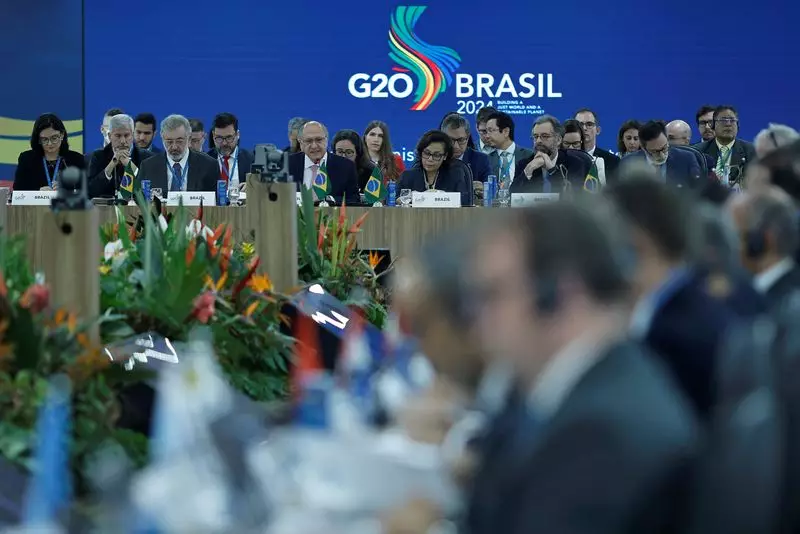In a significant development, G20 ministers convened in Brasilia to address the profound need for sustainable development in international trade. The meeting underscored a commitment to fostering economic environments that not only spur growth but also elevate the role of women in the global trading landscape. Brazil’s Vice President and Trade Minister, Geraldo Alckmin, highlighted the importance of these discussions, marking a notable shift in the G20’s approach to inclusivity.
One of the most notable outcomes of the Brasilia meeting was the inclusion of women’s participation in international trade as a fundamental principle for the G20. This focus, insisted upon by Brazilian President Luiz Inacio Lula da Silva, represents a substantial progression within the group. For the first time, female involvement in trade is being acknowledged as a critical factor in achieving equitable economic growth. This initiative gestures toward a broader understanding that empowering women is not merely a social responsibility, but a key driver of economic resilience and innovation.
Additionally, the ministers agreed upon the necessity of expediting reforms to the World Trade Organization (WTO). The current global economic climate requires a conflict resolution system that is not only reactive but also preemptive. An agile, effective approach to resolving disputes is essential for maintaining trust and cooperation among nations. The discussions emphasized that the WTO should be at the core of building a multilateral trading system that is characterized by fairness, open opportunities, and sustainability.
Brazil, as the upcoming host for COP30 climate talks, further pushed the agenda for environmentally sustainable trade practices. Ministers recognized that trade and investment should not undermine climate initiatives but should instead promote economic activities that are in alignment with climate goals. This indicates a growing consensus that addressing climate change is crucial to the future of global trade.
While the meeting largely focused on constructive plans, it did not shy away from acknowledging the geopolitical tensions surrounding issues like the Russia-Ukraine conflict and the situation in Gaza. However, a consensus emerged among the ministers to refrain from delving into divisive matters, thereby maintaining a focus on actionable strategies that aim to enhance global trade.
The outcomes of the Brasilia meeting signal a pivotal shift towards a more inclusive, sustainable, and responsive global trading system. By uplifting the participation of women and advocating for climate-conscious trade, the G20 is positioning itself to tackle pressing global challenges head-on. As the proposals are set to be presented at the upcoming G20 summit in Rio de Janeiro, the international community eagerly anticipates whether these commitments will translate into meaningful actions that shape the future of global trade.

